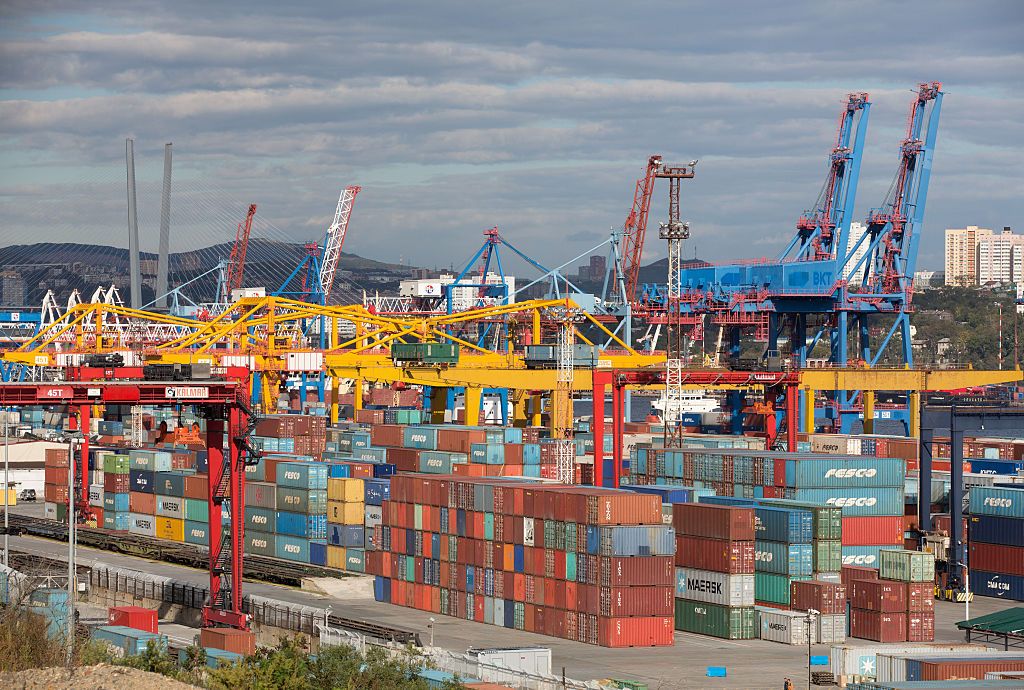WSJ: US chips flow to Russia from China via Central Asian routes

Russia is increasing imports of dual-use goods like drones or U.S.-made computer chips from China via Central Asian trade routes, the Wall Street Journal (WSJ) reported on March 4.
Foreign-sourced goods and materials such as microchips fuel Russia's war machine amid the full-scale invasion of Ukraine, allowing Moscow to construct missiles, drones, and more.
Despite Western sanctions aimed at cutting off these supply lines, Russia continues to obtain sanctioned goods via third-party countries or buys them directly from friendly nations.
Countries like Kazakhstan or Kyrgyzstan are a "growing pipeline for Russia," the WSJ wrote, made possible by long open borders and non-transparent business practices.
The supplies usually originate in China, Moscow's major political and economic partner. Some of the goods are produced by U.S. companies, which say that their products end up in Russia without their permission, the WSJ reported.
The Central Asian route is important not only for products used on the battlefield but also for items for personal consumption, such as car parts and luxury goods, Natalie Simpson, a Russia analyst at the C4ADS research company, told the outlet.
Customs data show that Chinese exports of 45 sanctioned goods to Kazakhstan and Kyrgyzstan have risen to $1.3 billion in 2023, a 64% increase compared to the previous year.
Drones, which are not on the list of sanctioned goods, have also been massively imported to Russia via Central Asia. Kazakhstan bought $5.9 million worth of drones from China last year, exporting $2.7 million worth of them to Russia, the WSJ reported.
Central Asian countries are not the only routes that Russia uses to acquire sanctioned and military-use goods, as entities in states like Turkey or the United Arab Emirates also help Moscow evade sanctions.
Ukraine's National Agency on Corruption Prevention said last December that out of the roughly 2,500 foreign components found in Russian weaponry, nearly three-quarters were made by U.S. producers.
Kyiv's partners have been ramping up their efforts to prevent Russia from circumventing the sanctions via third-party countries.













